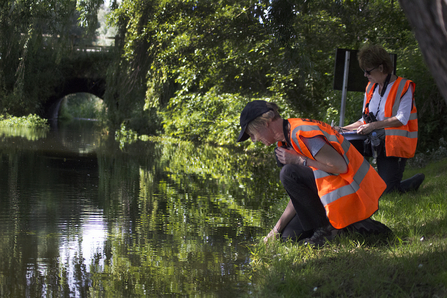The idea of river rights emerges from a wider movement on the ‘Rights of Nature’, where communities are increasingly turning to the law to protect and restore their environments in the face of widespread ecological degradation.
For rivers in the UK, existing environmental protection laws are perhaps not having the desired effect. Furthermore, our societies have largely come to view water – as with many other aspects of the natural world – as a resource for our own use and little more.
Recognising rivers as legal persons – just as corporations are – or even just legally recognising them as living entities, could have profound impacts on how we relate to our waterways and how we individually use water. Furthermore, securing legal rights for rivers can make it easier for local communities to seek legal action in defence of the water.
There are multiple examples across the world of local communities securing legal rights for their waterways – from New Zealand to India, Bangladesh to Canada. Members of local communities are often appointed to be legal guardians for their rivers and are legitimised to bring legal action on behalf of the rivers – in a similar way to an adult bringing legal action on behalf of a person who is unable to of their own accord, such as a child.
River Rights are building momentum in the UK, with community groups looking to establish rights-based protections for their local watercourses. In Lewes, Brighton, the ‘Love our Ouse’ group has been successful in demanding a Declaration of Rights to be drawn up for the River Ouse. Lewes Council is currently working within a 2-year time frame to draw up that Declaration, drawing inspiration from the Universal Declaration on the Rights of Rivers.
So – at a time when no rivers in England meet good chemical status, only 14% meet good ecological status, and droughts are likely to play an increasingly prominent role in our future, changing the framework of water resource management might well be part of the solution. The idea of River Rights might seem relatively fringe now – but, as we all know, even the mightiest rivers can begin with the smallest of streams.


